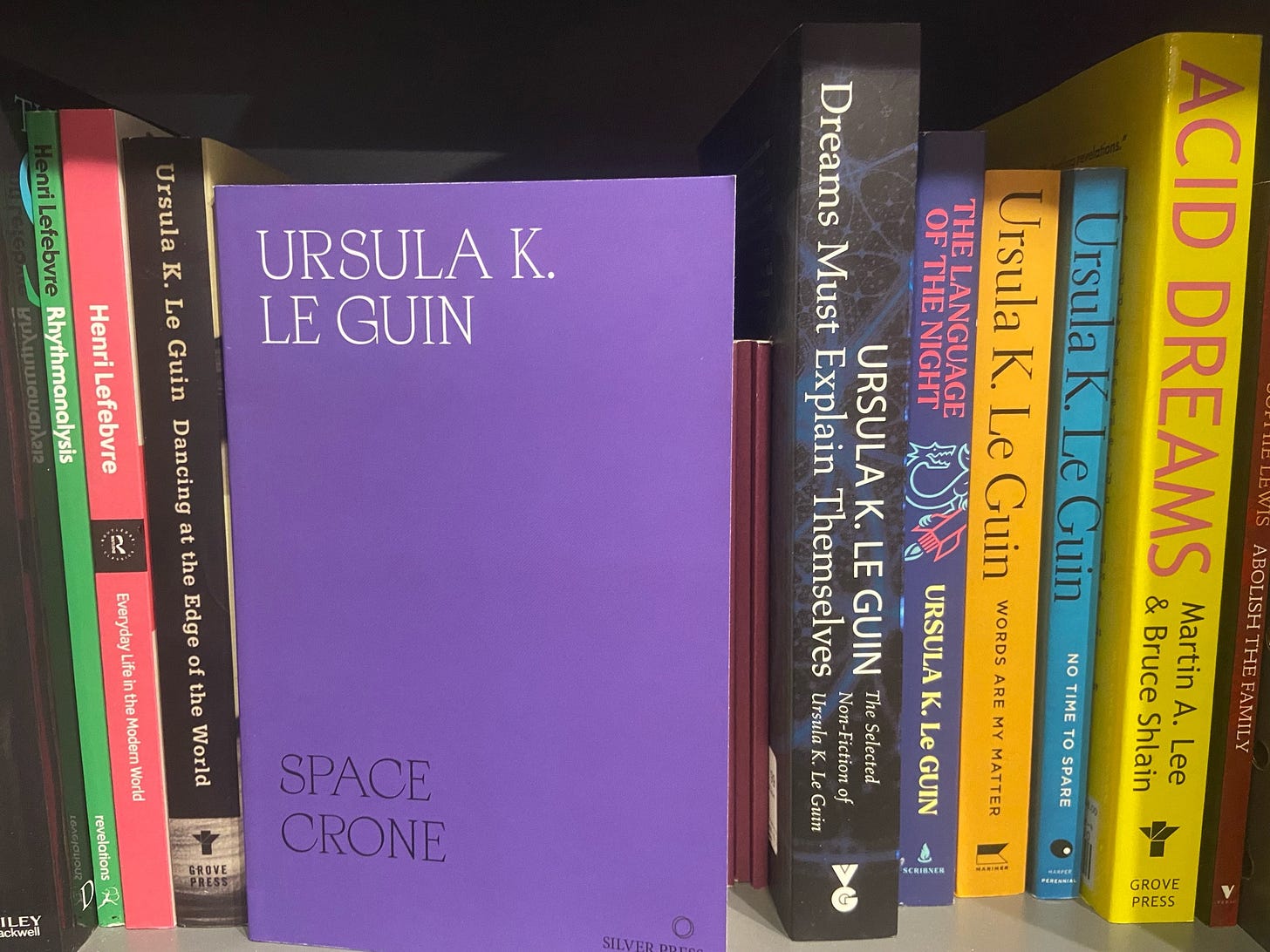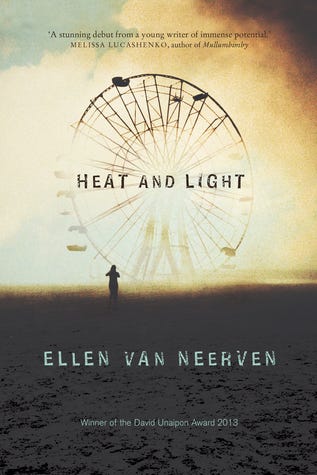Hello everyone, and welcome to another issue of the Words for Worlds newsletter!
A couple of updates on THE SENTENCE. This weekend’s Mint Lounge has carried a lovely - and spoiler-free - review: check it out here and see if it interests you.
Secondly, I’ll be in Bangalore at the end of this week, for novel-related events: a signing at Bookworm this Saturday evening (the 21st) at 4 PM, and then the highlight: a conversation with the inimitable Aakar Patel at Champaca on Sunday (the 22nd) at 5 PM. This should be a very funny conversation, if nothing else, so if you’re in Bangalore and free this weekend, please do join us (RSVP here, and ignore the poster that says “6 PM”).
If you’re still waiting to get your copy, a reminder that it’s available online, and in your local bookshop. Buying copies helps more than you know, especially for fiction, especially for SF, and especially for Indian SF, where the ceiling is quite low, so - as always - I’m very grateful for every sale.
On a related note, I’ve been in Australia this past fortnight, and had a worlds colliding moment while listening to a book presentation about the history of Constitution-making in Afghanistan through the 20th and 21st centuries. The talk was fascinating in its own right, but one of the main points the writer made was how delaying particularly contentious decisions to a future day was a strategy that the early framers of these Constitutions used, in order to hold together a divided society in a fragile peace. If you’ve read - or begun reading - THE SENTENCE, you’ll know that this theme is introduced right at the beginning of Chapter One. In fact, it’s also something the Mint review picks up on, quoting these lines from Chapter One:
But our ancestors were wise. They knew that if they tried to solve everything, they would solve nothing. So they agreed to postpone their gravest disagreements to another day. They trusted their descendants to accomplish, in a quieter time, what their generation could not.
Granted, I had more Latin America than Afghanistan in my mind when I wrote this passage (for the reason that I knew nothing about Afghan Constitution-making until last week), but it was still a nice moment of realisation in how different strands of your life can draw upon each other, even unknowingly.
What I’m Reading
I’ve dabbled in Ursula K. Le Guin’s non-fiction from time to time, but it was only this time - when I visited Readings, my favourite bookshop in Melbourne - that I realised how much of it exists: and that too, in helpfully collected volumes. I was a little spoilt for choice (also, these books are expensive!), but I finally picked up Words Are My Matter and Dreams Must Explain Themselves: in part, what drew me to these books was the fact that they had a lot of book reviews and criticism (which I never knew ULG wrote). Imagine reading Le Guin on China Mieville, or Le Guin on Doris Lessing!
I’ve been leafing through both books over the last few days, and they’re simply wonderful. They’re a mix of articles and essays, reflections, speeches and addresses, and reviews and criticism, and they range across the entirety of Le Guin’s active career (spanning around half a century!). Here you have trenchant critiques of the corporatisation of the publishing industry (including parts from the famous 2014 speech that people don’t normally quote - I suppose because of how anti-capitalist those parts are, about publishing), notes about genre (science fiction and fantasy), about her own writing process, and of course, both criticism and about the art of criticism.
So, while they’re of specific interest to writers and critics in the genre, their value goes far beyond that: these books are for anyone interested in literature tout court, or in the arts. Reading these pieces is like being in the hands of a wise, gentle - and yet completely uncompromising - guide: there will be no sugar-coating, either when it comes to aesthetics, or when it comes to ethics (and in a fascinating passage, Le Guin gestures towards the inextricable connections between the two).
Incidentally, one thing that comes through these pieces is Le Guin’s deep and abiding love for Tolkien. There is an essay on the rhythms of language in The Lord of the Rings (something that has long fascinated me as well), but in so many of these pieces, there are loving references to Tolkien’s style, to his prose, to the world-making (as she refers to it), and so on. This shouldn’t come as a surprise - after all, Le Guin slipped in the greatest tribute that one writer can make to another when, in The Wizard of Earthsea, she told us that in the Old Language, “Earth” is “tolk” and “sea” is “ien” - but at a time in which it’s easy to slip into thinking of Tolkien as antiquated or anachronistic within the genre, partaking in Le Guin’s warm love for him felt oddly refreshing, like going back to one’s own early roots in fantasy and SF. Or, as Le Guin might say, “always coming home.”
What’s Happening at Strange Horizons
Redfern John Barrett’s review of Ken MacLeod’s Beyond the Light Horizon is a really interesting dive into the work of one of the modern masters of the expansive and ambitious space opera.
The Indian Scene
Check out “The House Guest” by Archita Mittra in the December edition of Luna Station Quarterly; you’ll need to pay for the issue, but please consider doing that, and supporting independent SF publishing (it’s not much!).
Also, watch out for 30th December’s year-ender issue, where we’ll go over all the novel-length Indian SF published in 2024!
Recommendations Corner
In newsletter tradition, since I am in Australia this fortnight, here is a local recommendation: Heat and Light, by Ellen van Neerven, an indigenous climate fiction novel that came out recently. It might take some patience in the beginning as it is very Australian to start with, but then the more universalist concerns do take over, and there’s some very interesting thing the writer does with non-human sentience in the middle and towards the end.



I’ve been reading Ursula Le Guin’s non-fiction essays too and I feel so greedy for her wisdom and humour that I keep delaying my own writing.
Like why waste time with myself when I can spend it with her voice instead!
I am still in awe as to how sre you able to do it all.